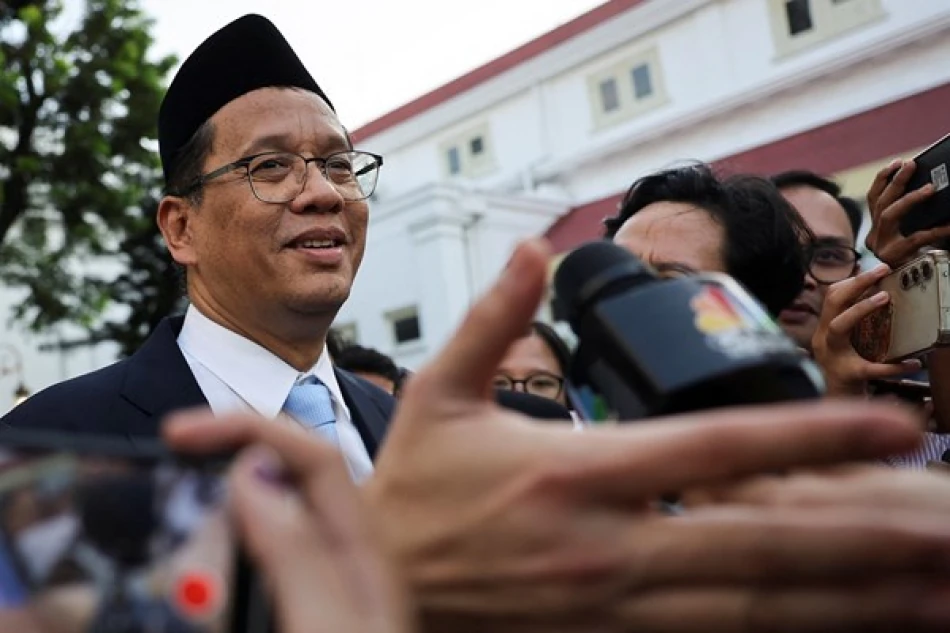
Indonesia Reshuffles Cabinet: New Appointments Aim to Boost Economic Recovery
Indonesia's President Shakes Up Cabinet Amid Nationwide Protests, Ousts Finance Minister
Indonesian President Prabowo Subianto executed a sweeping cabinet reshuffle on Monday, dismissing five ministers including Finance Minister Sri Mulyani Indrawati and Security Minister Budi Gunawan following widespread protests across the archipelago nation. The dramatic move signals Subianto's attempt to reset his administration's economic and security agenda amid mounting public pressure.
High-Profile Casualties in Government Overhaul
The most significant departure is Sri Mulyani Indrawati, a globally respected economist who previously served as Managing Director of the World Bank. Her dismissal removes one of Indonesia's most internationally recognized financial leaders from the government at a critical economic juncture. Security Minister Budi Gunawan's ouster alongside the economics minister suggests the protests may have exposed coordination failures between economic policy and public order management.
President Subianto has tapped Indonesian economist Purpaya Yudi Sadiwa as Indrawati's replacement, though the new appointee lacks the international profile and institutional credibility of his predecessor.
Timing Raises Economic Stability Concerns
The cabinet shake-up comes at a delicate moment for Southeast Asia's largest economy. Indonesia has been navigating global economic headwinds while attempting to maintain its position as a regional growth engine. Indrawati's departure is particularly striking given her reputation for fiscal discipline and her role in steering Indonesia through previous economic turbulence, including the COVID-19 pandemic's financial fallout.
Market Implications and Investor Sentiment
Financial markets typically view sudden changes in finance ministry leadership with caution, especially when driven by political unrest rather than planned transitions. Indrawati's World Bank background had provided international investors with confidence in Indonesia's economic management. Her replacement will need to quickly establish credibility with both domestic and foreign investors to prevent capital flight or currency volatility.
Protest Dynamics and Political Pressure
While the specific nature of the nationwide protests remains unclear, their scale and impact demonstrate the Indonesian public's willingness to challenge government policies through street demonstrations. This echoes Indonesia's democratic traditions, where public pressure has historically influenced major political decisions since the fall of the Suharto regime in 1998.
The simultaneous dismissal of both economic and security ministers suggests the protests may have centered on issues spanning economic policy and law enforcement approaches, forcing Subianto to address multiple grievances simultaneously.
Regional Context and Leadership Stability
This cabinet reshuffle contrasts with the relative ministerial stability seen in neighboring countries like Singapore and Malaysia, where finance ministers typically serve longer terms to provide policy continuity. The move may signal that Subianto's administration is still finding its footing, having only recently assumed power.
The decision to replace internationally credentialed officials with domestic appointees could indicate a shift toward more nationalist economic policies, though this remains to be seen in practice. For Indonesia's role in ASEAN economic integration and G20 participation, maintaining policy consistency will be crucial regardless of personnel changes.
Most Viewed News

 Layla Al Mansoori
Layla Al Mansoori






